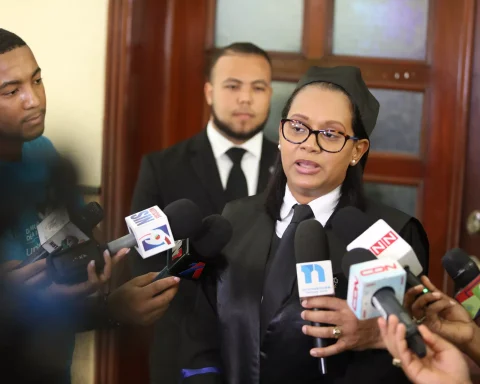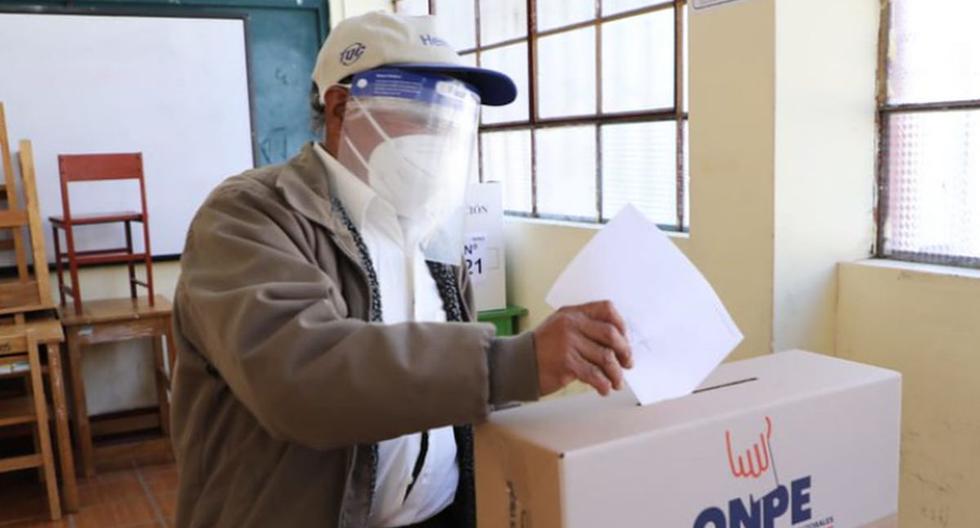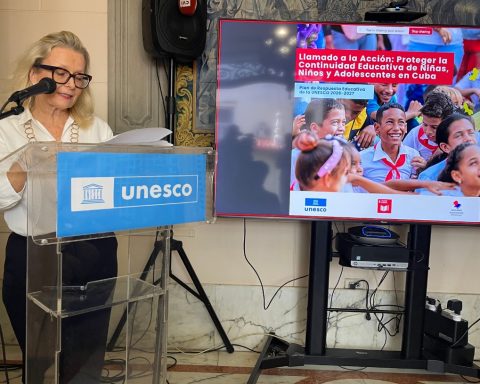The educational level of women in Latin America influences their support for the democracywhich has been lower, among them than in men since 1995, established a report by Latinobarometer.
“Education is key to explaining the differences in perceptions of democracy between women and men, since when they have the same level of education, their opinions are similar”, concluded.
It is hoped that as this gap decreases, so will women’s support for democracy. Women in the region, on the other hand, show less support for authoritarianism than men.
The results come from the report The Latin American woman: democracy and society from a gender perspective and was entrusted to Latinobarometer for him International Women’s Forum (IWF).
The analysis was carried out from the 453,817 interviews conducted during the last quarter century in 18 Latin American countries since 1995 and for the first time the differences in attitudes, opinions and behavior by gender. The latest data was collected in October 2020 at the end of the first wave of the pandemic, in such a way that they collect the first impact of it.
The report noted that confidence in the democracy It has been in decline since 2010, but the data for that year showed that it was “surprisingly” resistant and stable in the face of the pandemic, but only 6% of Latin Americans believe that there is a democracy fully in your country.
Who is the Latin American woman? What do you have to tell us? How does she see society, economy, politics and values? What do the data tell us about inequality in gender equality and where is it needed? These are the questions to which an answer was sought through this analysis.
In politics
Interest in politics is higher in men except in Honduras where more women than men are interested and in Costa Rica where no differences were found.
Women are further away from political parties than men, vote less for parties than men, and are also less inclined to participate in protests.
“This low involvement of the woman in politics it can be addressed by making politics more accessible and friendly to women. Politics has to go to women, not women to politics. To increase the participation of women in politics, more education and civic culture are also needed”, she recommended.
attitudes towards women
It was determined that society’s attitudes towards women vary according to their level of traditionalism. In Central American societies, attitudes are less egalitarian than in the Southern Cone.
“However, attitudes toward gender equality persist in most societies. This is also manifested in the different degrees of incorporation of women into the labor market and their participation as candidates in elections”, she indicated.
The most important barrier for the incorporation of women into the labor market is childcare. And perceptions of discrimination and inequality have remained intact in the last decade.
“As these data show the dismantling of inequalities in Latin America, including gender equality, it calls, first of all, for the recognition of the existence of the problem as such”, projection.
“It is not that the problem does not exist or does not matter, but that it is not properly distinguished and highlighted in the immensity of the other problems. Being poor, old, indigenous are conditions that allow the gender equality remain hidden from the eyes of many”, he indicated.

















